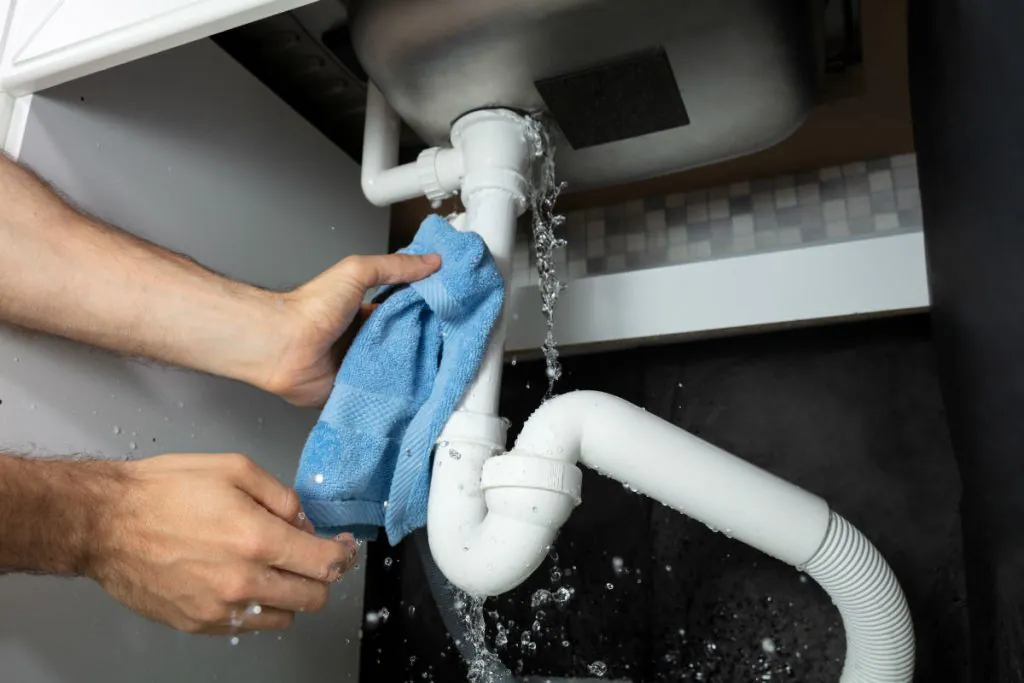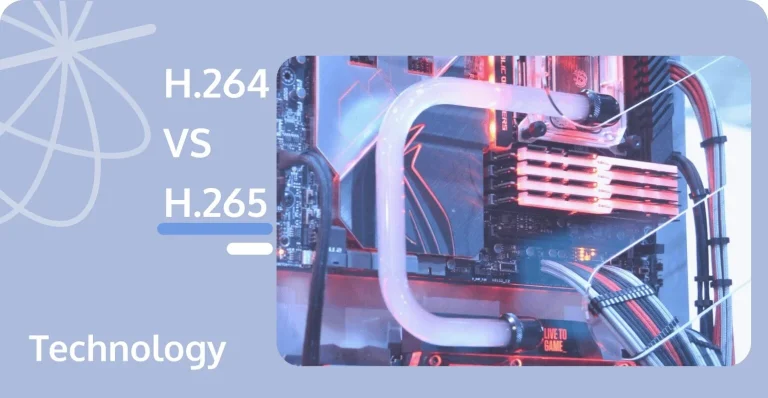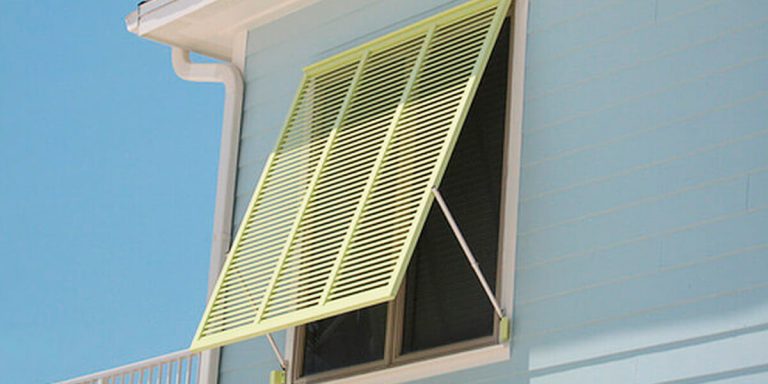Ways To Prevent Common Emergency Plumbing Issues Before They Occur

Contents
Signs of Potential Plumbing Issues
Early detection of plumbing problems is vital for homeowners looking to save on costly repairs and avoid severe water damage. Identifying warning signs such as slow drains, unusual noises, and fluctuating water pressure can make a significant difference. For instance, if you notice water pooling around your sink or your tub draining slowly, it could indicate a blockage forming in your pipes. Similarly, gurgling sounds might mean the air is trapped somewhere in the system, signaling a potential issue. Persistent damp patches on your walls or ceilings may also indicate hidden leaks that could escalate into more severe problems. Addressing these signs promptly by utilizing plumbing emergency services can prevent further damage and maintain your home’s integrity.
Preventative Measures for Plumbing Emergencies
Taking preventative measures is essential in avoiding plumbing emergencies. One simplest yet most effective steps is regularly clearing debris from drains, especially in the kitchen, where food particles and grease can accumulate. Equally important is inspecting exposed pipes periodically for any signs of wear and tear, such as rust or corrosion. Installing a water softener can also be a game-changer. Hard water contains high mineral content and can leave deposits inside pipes, reducing water flow and potential blockages over time. A water softener reduces this build-up, ensuring a smoother water flow through your plumbing system. Moreover, educating family members about what should and shouldn’t be flushed or washed down the drain can also make a considerable difference.
Routine Plumbing Inspections
Routine plumbing inspections conducted by professionals can identify potential issues before they escalate. Experts recommend scheduling an inspection at least once a year. These thorough inspections are crucial for ensuring your system is functioning optimally. During these inspections, plumbers look for leaks that may not be visible on the surface, test water pressure to ensure it’s within a safe range, and examine fixtures for any signs of damage. They also inspect the condition of water heaters, sump pumps, and other vital components. Regular inspections can help detect issues like corrosion, water line damage, and valve malfunctions early on.
How to Handle Minor Plumbing Issues
Many minimal plumbing problems can be fixed using easy do-it-yourself techniques. For instance, a plunger is often effective for clearing a clogged toilet or sink. If you encounter a minor drain blockage, baking soda and vinegar can dissolve it. Pour half a cup of baking soda and vinegar down the drain, followed by boiling water after an hour, to clear minor blockages. However, while DIY solutions can be handy, it’s essential to use caution. Using too much force or incorrect chemicals can worsen the problem, causing further damage. Consulting a professional is always safer if a minor issue persists or you’re unsure how to handle it. Learning basic plumbing skills and keeping a plumbing toolkit handy can also provide immediate relief for small issues, reducing the risk of them escalating into significant problems.
Regular maintenance and proactive measures are essential to prevent common emergency plumbing issues. From checking for leaks to ensuring proper insulation of pipes, these steps can save homeowners from costly repairs and inconvenience. For more detailed tips and reliable emergency services, check my review here to find professional solutions tailored to your needs.
Understanding When to Call a Professional
While many homeowners can manage minor blockages and drips, significant plumbing issues require professional intervention. It’s crucial to understand when to call a licensed plumber. Significant signs include main line clogs, sewer backups, and persistent leaks that do not stop despite your best efforts. Additional signs like discolored water, which could indicate pipe corrosion, or an unexpected spike in your water bill, suggesting a hidden leak, also warrant professional attention. Professional plumbers can address complicated issues effectively and securely because they have the necessary knowledge, tools, and experience. They can effectively identify problems and offer durable remedies, averting the need for expensive repairs for simple concerns.
Importance of Winterizing Your Plumbing
Winter can be particularly harsh on plumbing systems, and proper winterization is crucial to prevent pipes from freezing and bursting. Insulating exposed pipes is one of the most effective measures you can take. Materials like foam pipe insulation are affordable and easy to install, protecting against frigid temperatures. Additionally, ensure outdoor hoses are disconnected and drained to prevent residual water from freezing and expanding. It’s also good to leave a trickle of water running through taps in exceptionally cold weather to avoid frozen stagnant water in the pipes. Keeping the temperature slightly above freezing in homes with basements or crawl spaces can also help protect plumbing systems. These precautions can prevent emergencies when temperatures drop, saving you from potentially extensive and costly damage.
Conclusion
Preventing plumbing emergencies involves routine maintenance, early detection, and knowing when to call the experts. You can maintain a healthy plumbing system and avoid costly repairs by staying vigilant and proactive. Regular inspections and mindful practices, such as not flushing inappropriate items down the toilet or pouring grease down the sink, ensure your home’s plumbing operates smoothly year-round. Incorporating these practices into your regular home maintenance routine will not only prolong the life of your plumbing system but also provide peace of mind.
Also Read: Prevent Common Emergency Plumbing Issues





